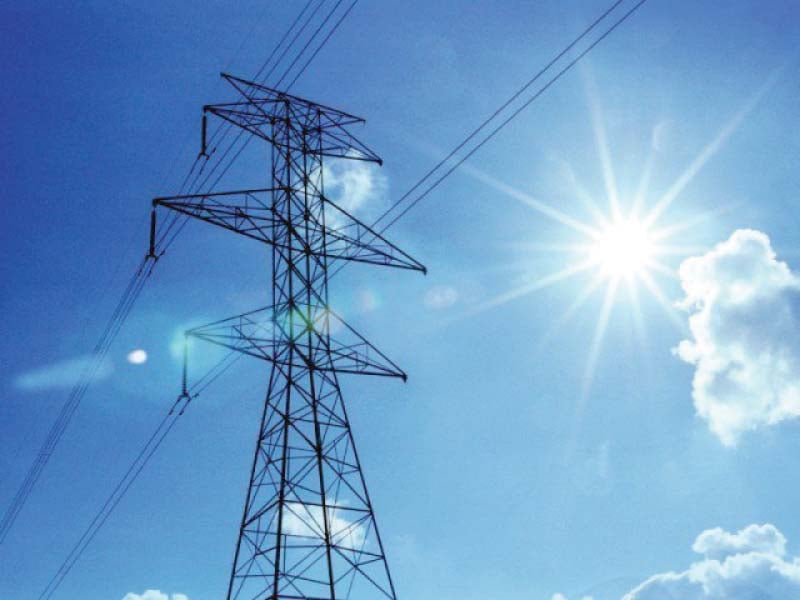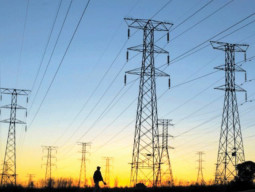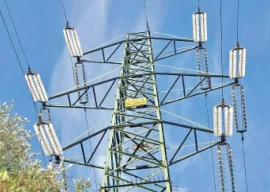
Earlier, Russia and Turkmenistan had approached Pakistan, showing interest in exporting electricity to energy-starved Pakistan through the transmission line of Casa-1,000 project in winter when other sources would not be supplying electricity, a senior government official said.
CASA-1,000 project: Central, South Asia to finalise contract for converter stations
Casa-1,000 is a pilot project that will not only help ease outages in Pakistan by bringing clean energy from Tajikistan and Kyrgyzstan, but will also pave the way for other nations to export their surplus electricity.
Under the project, Tajikistan and Kyrgyzstan will supply 1,000 to 1,300 megawatts to Afghanistan and Pakistan. Islamabad will consume a major chunk whereas Kabul will receive around 300MW.
Tajikistan’s energy sector has been showing sustainable growth for the last 15 years. Apart from big plants, there are 20 medium and 40 small hydroelectric power stations in the remote mountainous areas, with capacity ranging from 5 to 1,500 kilowatts.
Hydroelectric power accounts for 76% of the total energy output in Tajikistan.
The Casa-1,000 project envisions supply of surplus electricity available in summer months (May 1 to September 30) from Tajikistan and Kyrgyzstan to Afghanistan and Pakistan. To utilise the full capacity, an open access regime has been adopted which allows other countries to join in and inject energy into the Casa transmission line.
“Pakistan is keen to utilise idle capacity of the transmission line from October to April with the import of electricity from Russia and Turkmenistan,” the official said.
CASA-1000 power project
“Apart from ensuring power supply throughout the year, this will also bring down transmission charges. Pakistan has conveyed its willingness to the two countries for power purchase from them.”
Russia is rich in hydroelectric power and gas-based electricity whereas Turkmenistan produces a significant volume of gas-based power. However, how much electricity they are willing to provide is not yet known.
Though electricity demand dropped in winter in Pakistan, it would follow the merit order, shut down expensive plants and give preference to imports from Russia and Turkmenistan to meet domestic needs, the official said.
The creation of Casa electricity market includes a phased development of infrastructure to utilise Central Asia’s power resources to meet the growing demand and address shortages in South Asia.
The energy linkages also offer an opportunity to contribute to stability and growth in Afghanistan and boost inter-dependent prosperity in all relevant countries.
A revised plan includes the setting up of two converter stations in Tajikistan with a separate high voltage direct current (HVDC) back-to-back connection in Afghanistan on an existing 220-kilovolt line.
CASA-1,000 power project: European firms vying to set up converter stations
The National Electric Power Regulatory Authority (Nepra) has approved a tariff of 9.41 cents per unit (kilowatt-hour) for electricity import from Central Asia including energy cost at 5.15 cents, transmission charges at 2.91 cents, Afghan transit fee at 1.25 cents and wheeling charges for Tajikistan at 0.10 cent.
According to officials, Pakistan is currently importing 73MW from Iran to meet the needs of Gwadar. The cost of electricity import from Iran is 6.25 cents per unit, which is higher than 5.15 cents to be paid to Tajikistan.
The cost is higher because of oil and gas-based power generation in Iran while Tajikistan will bank on cheaper hydroelectric power.
The total cost of electricity purchase from Iran amounts to 10.60 cents per unit, according to data collected by Nepra for May 2016.
Published in The Express Tribune, August 20th, 2016.
Like Business on Facebook, follow @TribuneBiz on Twitter to stay informed and join in the conversation.











































COMMENTS (15)
Comments are moderated and generally will be posted if they are on-topic and not abusive.
For more information, please see our Comments FAQ